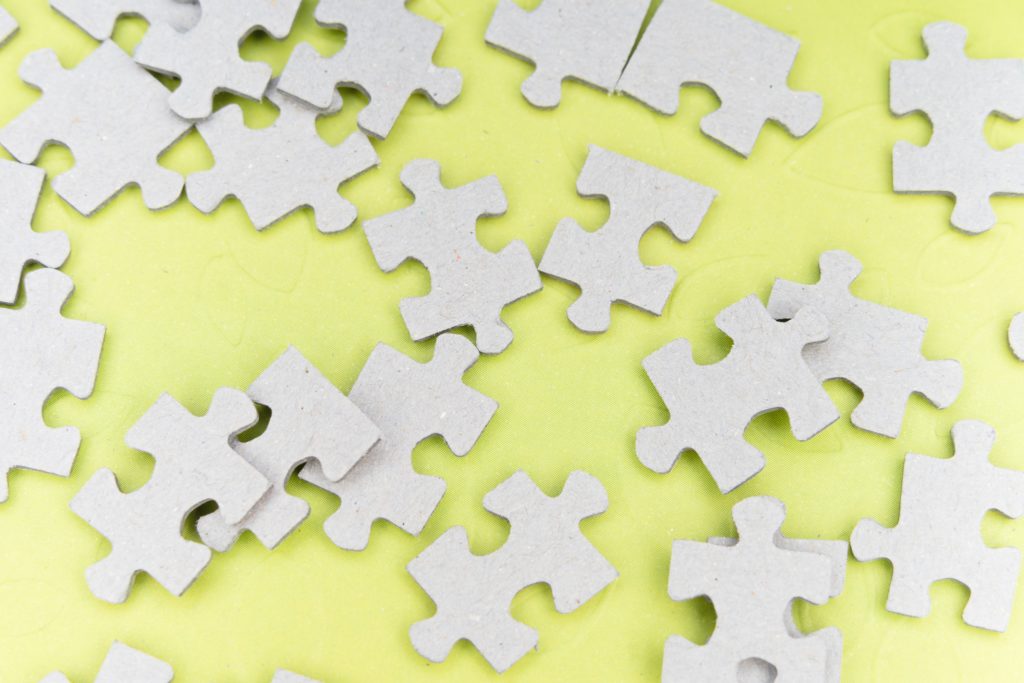
Guest Bloggers
Meet Cortney Turner, a Young Scientist in Our Depression Task Force (DTF) Labs,
June 27, 2022
Cortney Turner is an Associate Research Scientist in the lab of
DTF member Dr. Huda Akil, University of Michigan.
I became interested in depression research because of my own personal experience. At age 14, my freshmen year of high school, I was hospitalized with severe depression. It was 1991, and the psychiatrists didn’t really know how to help me. I was put on Prozac and other antidepressants, none of which helped me. I decided to dedicate my life to research and finding better predictors and treatments for depression, so that others don’t have to go through what I went through.
I grew up an only child in a trailer park in rural Ohio. My mother was a Type I diabetic, and my father is a Vietnam Veteran from Kentucky. I graduated Salutatorian and went on to attend Bowling Green State University, where I graduated Phi Beta Kappa with a dual-degree B.S. in biology and psychology. I earned a Ph.D. in Medical Sciences with a concentration in Neuroscience at the University of Florida.
For postdoctoral work, I happily ended up in the lab of Dr. Huda Akil at the University of Michigan. My research with Hope for Depression Research Foundation directly addresses the mental health crisis we see in youth, worsened by the pandemic. I focus on stress vulnerability and resilience in college freshmen; we’ve now collected data on three cohorts of students who have experienced the pandemic during their freshman year.
Overall levels of depression are higher in these freshman classes, but we also note a subset of students who appear resilient to the stress hits. We are analyzing a combination of genetic, physiological, psychological and behavioral data so we can better understand this resilience and how to promote it.
We are also creating predictive algorithms based on the data that can tell us who is more likely to develop anxiety or depression during this stressful time. The knowledge will be a catalyst for new ways to prevent and treat depression in these students, and in the population at large.
Honoring Mental Health Awareness Month,
April 29, 2022
May is Mental Health Awareness Month
In honor of this important month, we want to share the latest exciting news from our research labs. HDRF’s mission to advance the understanding and treatment of depression has never been more urgent.
In fall 2020, the Hope for Depression Research Foundation began a clinical trial of tianeptine, which represents a brand new category of antidepressant. The trial is underway at Columbia University and Mount Sinai Medical Center, and at this writing shows early promising results.
The trial is focused on patients who are treatment-resistant — they have not responded to the conventional medications available today. The scientists in our Depression Task Force (DTF) are testing the hypothesis that a certain profile of these patients will respond dramatically to tianeptine because of their specific brain chemistry . These patients will have two evident symptoms: 1) they have a behavioral symptom known as rejection sensitivity, or a blunted ability to cope with the psychosocial stress of rejection (i.e. losing a job or promotion, ending a relationship) and 2) they have disrupted activity in a specific rejection and pain circuit in the brain, as detected by a brain scan.
The subjects are being give tianeptine because this compound has a unique ability — discovered by DTF scientists — to repair deficits in the rejection and pain circuit through targeted molecular action. The DTF believes that depression will remit as the physical circuit is repaired, and it’s also possible that the behavioral symptom of hyper-sensitivity to rejection will be alleviated.
By repairing circuit deficits at a fine-tuned location, tianeptine may finally help patients where other medications have failed. If the trial is successful, it will lead to a new precision medicine approach to depression that will greatly increase response rates by pairing patients with the right treatment for their underlying biology.
Clinical trials began October 2020 and patient recruitment has been extended to 2023 to reach a study goal of 75 patients. Early results are extremely encouraging, and the teams are actively recruiting patients to continue the work. The study seeks men and women ages 21-60 who have not responded to standard antidepressant medication.
If you are interested in learning more about the study or volunteering as a subject, please contact Nicolas Cimino at nicolas.cimino@nyspi.columbia.edu or Amelia Karim at amelia.karim@mssm.edu.
Cognitive Restructuring,
April 28, 2020
“Adapting to something new is always a challenge. But it’s also a great opportunity for resilience.”
-Dr. Eric Nestler, Neuroscientist Chair, HDRF Depression Task Force
Self-Perception and Self-Talk
In situations like the one we find ourselves in today, it is natural to be more anxious, stressed, or even depressed. One of the side effects of this can be a shift in how you think of yourself or talk to yourself from forgiving and context-driven, to harsh and declarative**. For example, instead of thinking “I didn’t do as much as I wanted today, but that’s okay, I can do more tomorrow” you may think “I failed today. I am angry at myself.”
Click here to read the full article…
The Power of a Face,
April 13, 2020
Socializing in Socially Distant Times:
Human beings, like many of our close evolutionary relatives, are at our core social creatures, which is why our mental health is a serious issue at this time of sheltering inside.
Our brains are hard-wired to be social because our survival depends on it. That’s ironic as we distance physically to keep our bodies safe.
Click here to read the full article…
The Science Behind Sleep,
April 7, 2020
During the week, with the demands of everyday life around you, it can be hard to make sure your body is getting the sleep it deserves. This can make you feel sore, become irritable, or even begin to experience symptoms of depression. You may have noticed these effects but not been aware of the science behind them, so we wanted to share some important facts.
Click here to read the full article…








